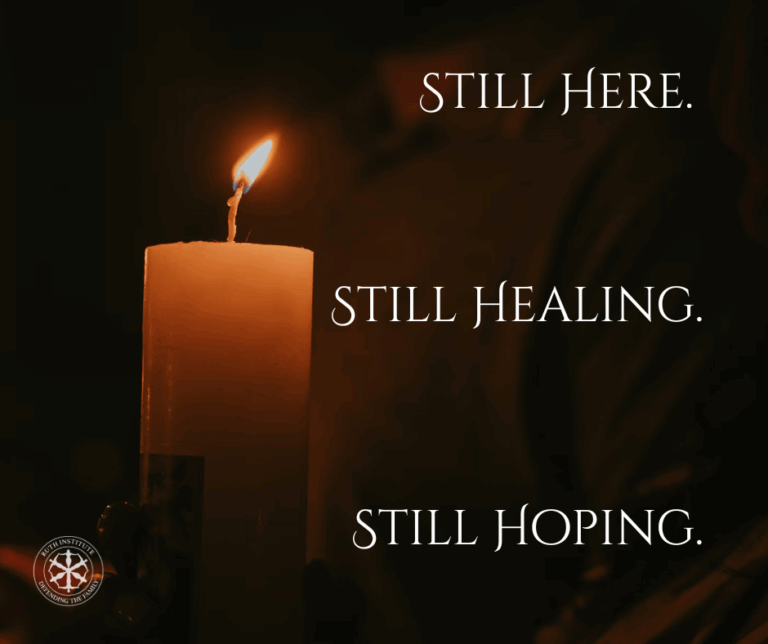Originally posted at the National Catholic Register April 16, 2009 by Dr. Jennifer
Roback Morse
By now, everyone knows that the Supreme Court of Iowa has imposed same-sex “marriage” on the heartland of America, a mere 10 years after the people of
that state had expressly voted against it. What very few people know is exactly how unfair this fight really was. Not only was the lineup within the
courtroom imbalanced, but the trial court refused to hear relevant evidence. When the case made its way to the Iowa Supreme Court, they didn’t behave
much better.
This case, known as Varnum v. Brien, began with a half dozen same-sex couples applying for marriage licenses in Polk County, Iowa. The county clerk, acting in accordance with the law,
refused. Mind you, the state of Iowa did not go bothering unassuming people who were minding their own business. This was a staged case. These couples
went to the clerk’s office intending to be refused. They sued Timothy Brien, Polk County recorder and registrar, an ordinary county employee.
The plaintiffs, that is, the people who complained, were not exactly average citizens battling the big mean state of Iowa all by themselves. They had the
backing of homosexual-rights establishment organizations. The Lambda Legal Defense and Education Fund took in $20 million in 2007. Lambda Legal is a nonprofit devoted solely to bringing legal challenges like these.
By contrast, Polk County, Iowa, has a budget of $15 million for the entire court system.*
One of the attorneys of record for Lambda Legal has degrees from Yale and Columbia. Iowa’s law was defended not by the state’s attorney general, nor
even by the county attorney, but by two assistant county attorneys.
The case wasn’t a fair fight: It was more like David and Goliath without the benefit of divine intervention.
Most citizens do not realize that this mismatch of legal resources is typical for advocacy cases. So, advocacy organizations on the side of natural, man-woman
marriage came into the case as friends of the court, trying to help defend the law of the state of Iowa. Most notably, a group of scholars presented
briefs and affidavits on various aspects of the social significance of marriage. But the trial court refused to admit five out of the eight expert
witnesses presented to them.
These experts covered a wide range of issues, including the ethics of artificial reproductive technologies, the rights of children to be raised by their
parents, the procreative purpose of marriage, the history and meaning of marriage, and the significance of gender differences in parenting. The trial
court refused to hear the testimony of Allan Carlson, author of five books on the history of marriage, Margaret Somerville, founding director of the
McGill University Centre for Medicine, Ethics and Law, and Stephen Rhodes, political science professor at the University of Virginia. This is the very
sort of evidence that courts in other states, such as New York, have found persuasive.
After refusing to hear their testimony, the court had the nerve to declare a whole list of facts were “undisputed.” Instead of listening to both sides
and deciding impartially, the court lifted the “facts” directly from the brief of the same-sex “marriage” advocates.
When this case went to the Supreme Court of Iowa, several friends of the court pleaded with them to reopen the admissibility of the evidence, to hear it,
and to consider it. The Supreme Court said, “The error committed by the trial court in failing to do so is of no consequence” since they were going
to review it themselves.
But their review didn’t amount to much. As for the parenting issue, surely one of the most significant issues under discussion, the court relegated it
to a footnote.
“The research appears to strongly support the conclusion that same-sex couples foster the same wholesome environment as opposite-sex couples and suggests
that the traditional notion that children need a mother and a father to be raised into healthy, well-adjusted adults is based more on stereotype than
anything else,” says the court, but the court offers no citations to any evidence in support of this remarkable claim. If we took that statement out
of the context of the same-sex “marriage” debate and applied it generally throughout society, we would create enormous problems. But put that point
to one side for now. Just realize that the Supreme Court of Iowa did not do the public the courtesy of citing a single source in support of this claim.
The debate over marriage hinges in large part on what people think is the subject: Advocates of genderless marriage believe it is about fairness and equality.
Advocates of conjugal marriage believe it is about the role of marriage. By dismissing testimony so obviously germane to the functions of marriage
in society, the Iowa courts prejudged the case and tacitly declared equality to be the only issue.
The homosexual lobby continually hectors the rest of us about “fairness” and “equality.” But when they get the power, they ignore the most basic rules
of fair play. Whether you agree with same-sex “marriage” or not, you can’t possibly support these tactics.
Jennifer Roback Morse is the founder and president of the Ruth Institute, an educational project of the National Organization for Marriage.
Note: * I arrived at this figure by going to “Service Area 1,” detailed expenditures, on page 7 of this document. The total expenditure for public safety
and legal services is approximately $58 million. Deduct $1 million for emergency services and another $42 million for law enforcement. The total remaining,
for all the other legal functions, including by not limited to the courts, is $15 million.



